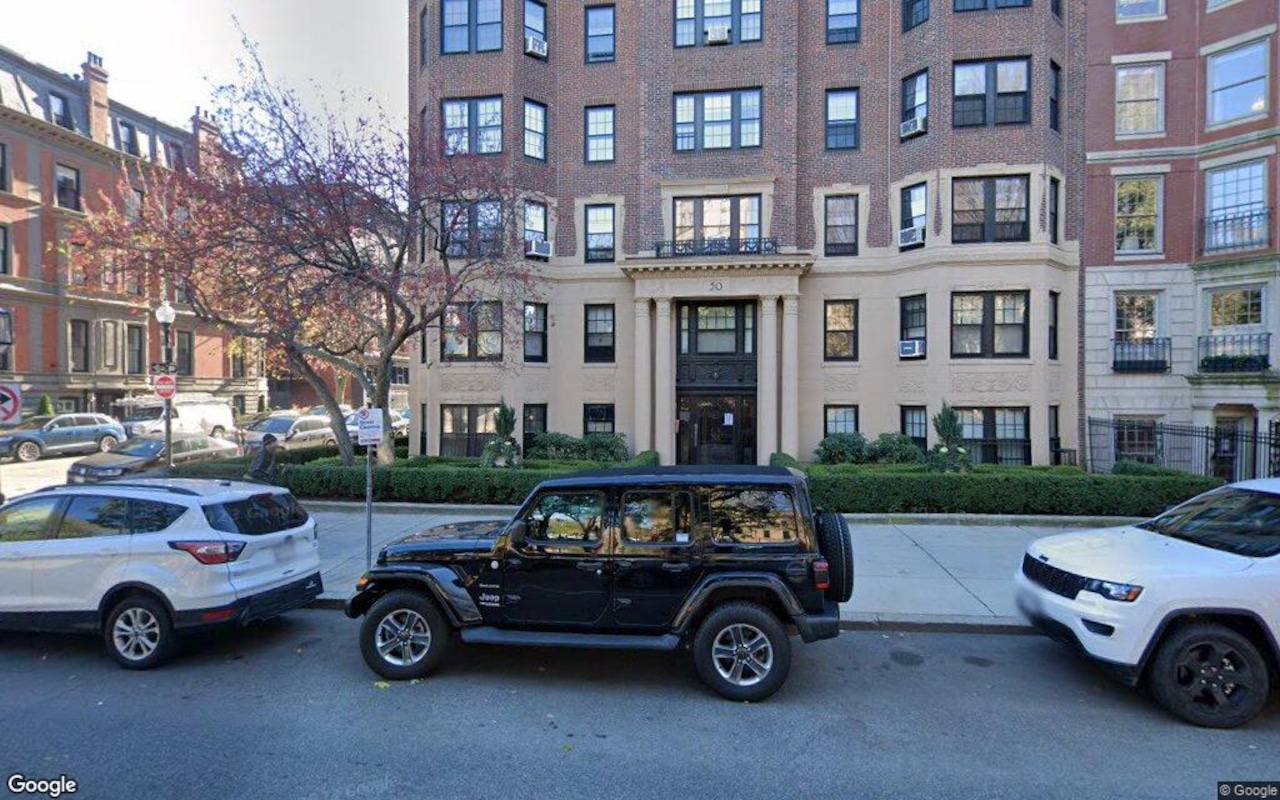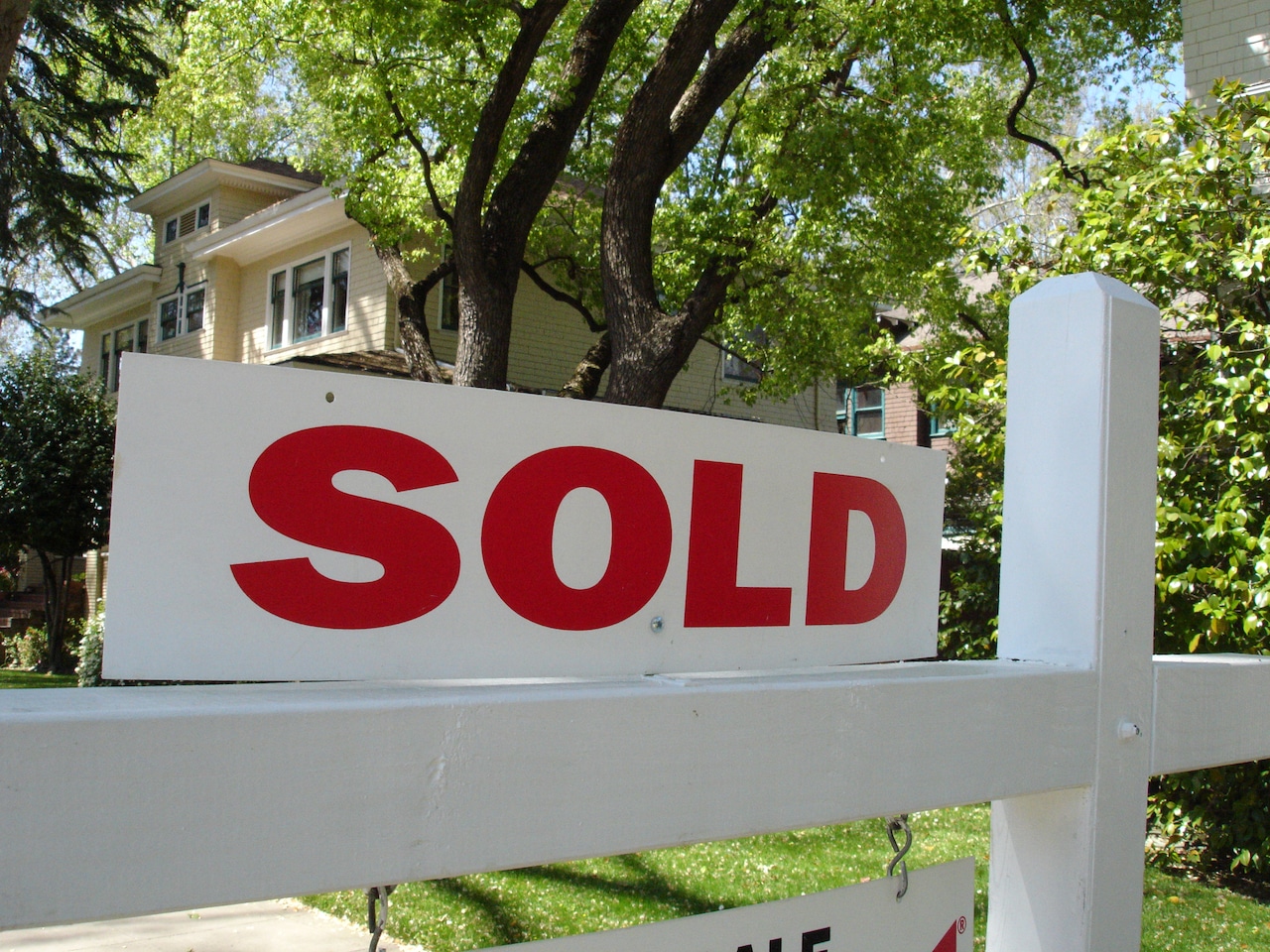
This story is part of MassLive’s ongoing housing court guide series. You can read other stories in the series here.
You have the right for your home to be safe and functional. Poor conditions in your home that could affect your health and safety may be a breach of the warranty of habitability, which requires your landlord to follow building and sanitary codes and protect the health, safety and well-being of their tenants.
Conditions that interfere with your ability to use and enjoy your home may be a breach of quiet enjoyment, which protects you from invasions of privacy or major disturbances by your landlord or other tenants and gives you use of your home, common areas and utilities.
Conditions that may lead you to take these steps include lack of heat or hot water, broken appliances, lead paint if you have children under 6 years old, pests, problems with electricity or electrical wiring and any other safety or health issues. You can use this checklist or this guided interview to identify conditions that may be violations in your home.
You may also be able to sue your landlord for negligence if you, a member of your household, or a guest were injured because of a condition in your home that they were aware of but did not repair.
The first step in addressing issues of the condition of your home is always to notify your landlord of the problem. It is best to do this in writing, such as by text or email, and keep copies for yourself so you can prove later that you did so. If you speak to your landlord in person or on the phone, send a follow-up note in writing to document that you did so. If you notify your landlord by text, be sure your messages are backed up in some way in case you lose your phone or otherwise lose access to them. It is also a good idea to take time-stamped photos of the issues when possible.
If you have notified your landlord multiple times of a problem and they have failed or refused to fix it, request an inspection by contacting your city or town’s board of health, code enforcement office or inspectional services department. Make sure to schedule the inspection for a time you can be at your home, or when someone can be there for you.
Try to clean the apartment before the inspector comes so they do not cite you for excess trash, clutter or unsanitary conditions. Point out all problems you are aware of to the inspector, no matter how small, so they don’t miss anything that should be in the report. Ask for a full, comprehensive inspection so they look at your entire home, not just the issues you specifically mention. If you do not receive a copy of their report, ask for one.
If the inspector finds conditions that break building or sanitary codes, they will issue an order for your landlord to make repairs. Your landlord will be required to make an effort to correct the problems within 24 hours for emergency issues and within 30 days for other problems. If your landlord still does not address the problems, you may wish to contact the inspection office for a re-inspection, withhold rent or go to court.
If you choose to go to court, there are several paths you may choose to take.
Tenant petition: If you file a tenant petition, a judge may require your landlord to make the repairs or appoint a receiver, which is a person or company chosen by the court to oversee the repairs in your landlord’s place. The judge may also decide to lower your rent, or have you temporarily pay your rent to the court instead of your landlord until the repairs are complete.
To file a tenant petition, fill out this form with information about the issue and what you want the court to do. When you file the petition, ask the clerk for an order of notice, which will tell the landlord when a hearing will be held. You will need to hire a sheriff or constable to serve the order of notice to your landlord (See “How do I file a civil complaint?”).
On the day of the hearing, bring all evidence and witnesses with you to explain to the court why you are requesting it take action against your landlord.
Emergency injunction: If the issue you need addressed is an emergency, you can ask the court to issue an emergency injunction or a temporary restraining order to force your landlord to immediately make the repairs.
To request an emergency injunction or temporary restraining order, fill out and file one of the forms here or use this guide to fill out the form for you.
Civil complaint: If you file a civil complaint against your landlord, you are suing them for money to compensate you for the damage caused by the conditions in your home. If the amount of money is less than $7,000, you can file a small claims lawsuit, which costs less to file and is designed to be easier to do without legal representation. When you’re filing a civil complaint, you can also ask the court for an injunction requiring your landlord to make repairs or to appoint a receiver to make the repairs. See “How do I file a civil complaint?” and “How do I file a small claims lawsuit?” for more information.
Criminal complaint: You can also choose to file a criminal complaint against your landlord (see “What to do if your landlord committed a crime”), either by filing the complaint yourself or by asking the local board of health to do so, but keep in mind that this may take longer to be resolved than a civil case.






